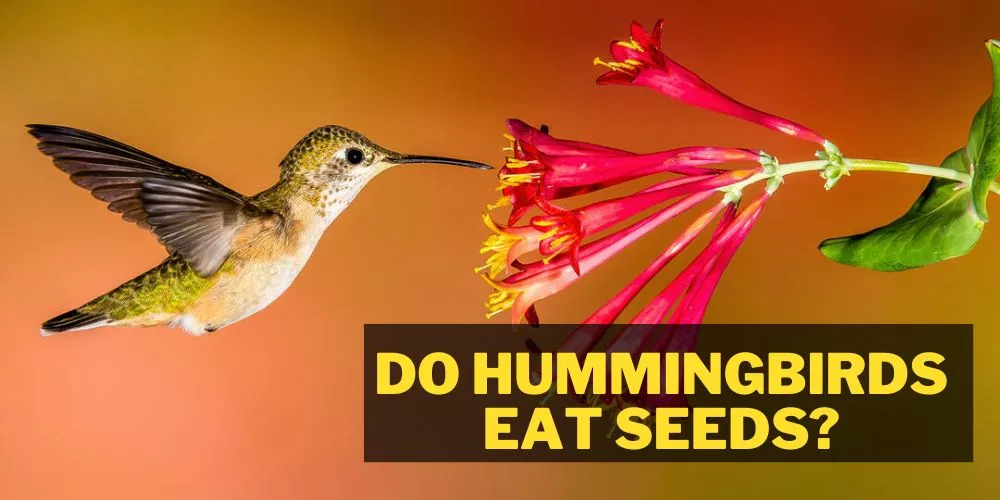It is summer, the time of the year when people can enjoy outdoor picnics, beach trips, and homemade lemonades. However, there’s a small and sometimes annoying element of the season one cannot overlook – water bugs.
Have you ever wondered why do water bugs come out in the summer? Join us as we journey into aquatic entomology to explore the intriguing reasons behind this phenomenon.
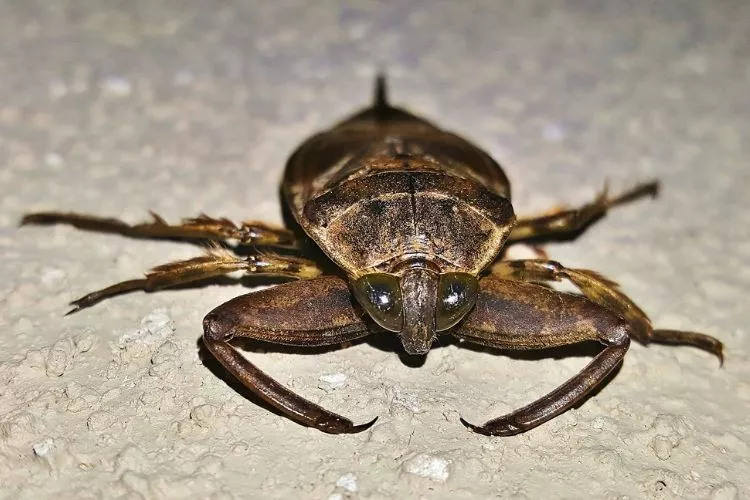
Why do water bugs come out in the summer?
To start, water bugs are cold-blooded species, meaning their body temperature is governed by the environment around them. Warmer temperatures not only accelerate their growth but also stimulate activity levels. For this reason, you’ll often see more of them in the hotter months of the year.
Secondly, summer brings forth an abundant supply of food, an essential aspect of water bug survival and reproduction. Insects, small fish, and decaying matter serve as primary food resources for these bugs, and all these tend to be in surplus during the summer months.
Finally, the warmth of summer also makes it suitable for water bug mating cycles. So, they come to the surface more frequently to breed and lay eggs, leading to a noticeable increase in their visibility during these months.
In essence, summer delivers the perfect temperature, plentiful food, and optimal reproduction conditions water bugs need for survival.
How do you get rid of water bugs in the summer?
Water bugs can be a nuisance during the summer months. However, there are several strategies you can use to minimize their presence and potentially avoid an infestation. This guide breaks down the steps to tackle this problem effectively.
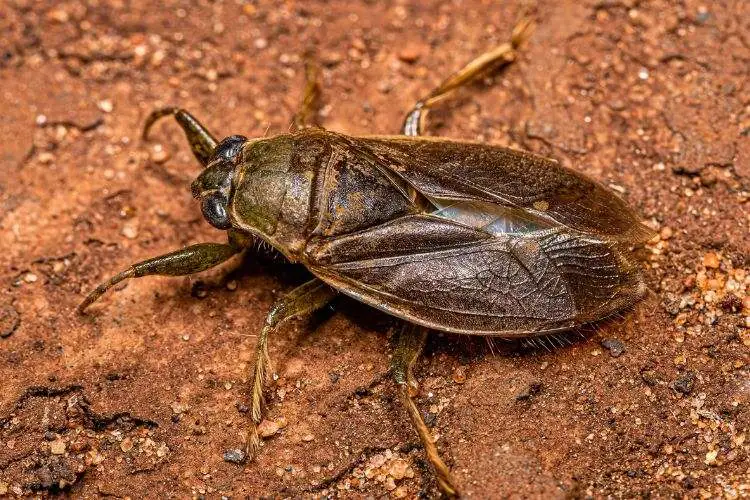
Cleanliness and Hygiene
- Remove Standing Water: Water bugs need water to survive. Eliminate all sources of standing or stagnant water around your property. This includes checking gutters, pot plant bases, bird baths, and wading pools.
- Regularly Clean Pools: Chlorinate your pool frequently and periodically check for water bugs. Also, ensure your pool cover doesn’t accumulate water when not in use.
- Pest-Control Your Garden: Trim down overgrown foliage and remove decaying plant matter which might be a food source for water bugs.
Home Maintenance
- Repair Leaky Pipes: Ensure that your plumbing systems, like pipes, taps, and faucets, are in good working condition. Any moisture from leaks could attract water bugs.
- Seal Entry Points: Install door sweeps, repair broken window screens, and seal gaps around doors and windows to prevent water bugs from entering your home.
Use of Pesticides
- Insecticides: Apply insecticides, such as permethrin or cyfluthrin, around your house, in the garden, and in other possible areas where they might settle.
- Diatomaceous Earth: This natural powder can be applied in areas where water bugs could potentially hide. It has sharp edges which injure the bug’s exoskeleton, leading to dehydration and death.
Professional Help
Attempting to tackle the issue by yourself could be challenging in case of a massive infestation. It’s time to bring in the exterminators, professionals who’re trained to handle such situations. Pest control companies have access to powerful, commercial-grade pesticides and equipment that won’t be readily available to the public. They can also offer customized strategies considering your home’s unique layout and the extent of your water bug issue.
Moreover, they can provide invaluable guidance on preventing future infestations. The cost might seem higher initially, but their efficient and long-lasting results make it worth the investment.
Preventative Measures
- Natural Predators: Encourage animals that naturally feed on these insects (like birds and frogs) by creating favorable habitats in your yard.
- Keep the Indoor Space Cool: Water bugs are attracted to warm environments. Using air conditioners or fans can help make your space less attractive.
Following these steps can decrease and even avoid water bug infestations during the bothersome summer months.
What kills water bugs instantly and naturally?
Certainly, there are several natural ways to instantly kill water bugs. Here are some effective methods:
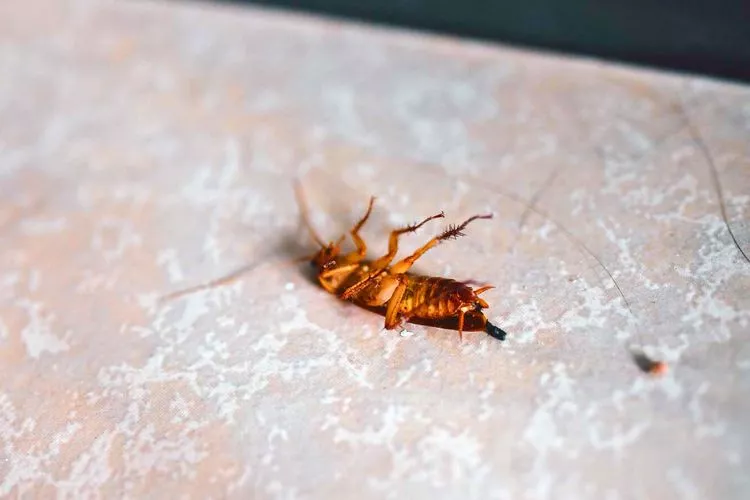
- Distilled White Vinegar: It is a natural insecticide that kills water bugs. Pour a substantial amount of it directly onto these pests for immediate action.
- Sugar and Baking Soda Mix: This can also effectively exterminate water bugs. The bugs attract the sugar, but the baking soda mix kills them.
- Borax and Boric Acid: These naturally occurring compounds destroy the insects’ digestive tract, thus killing them
- Garlic and Soap Spray: This combination can be sprayed directly onto water bugs for immediate effect.
- Diatomaceous Earth: A natural powder, it works by dehydrating the bugs, injuring their exoskeleton, and causing them to die.
Please ensure the safe use of these substances, as some, such as Borax and Diatomaceous Earth, need careful handling despite being natural.
Where do water bugs come from?
Water bugs are aquatic insects worldwide, commonly called water striders, backswimmers, or water boatmen. However, their habitats are specific and heavily influenced by environmental factors.
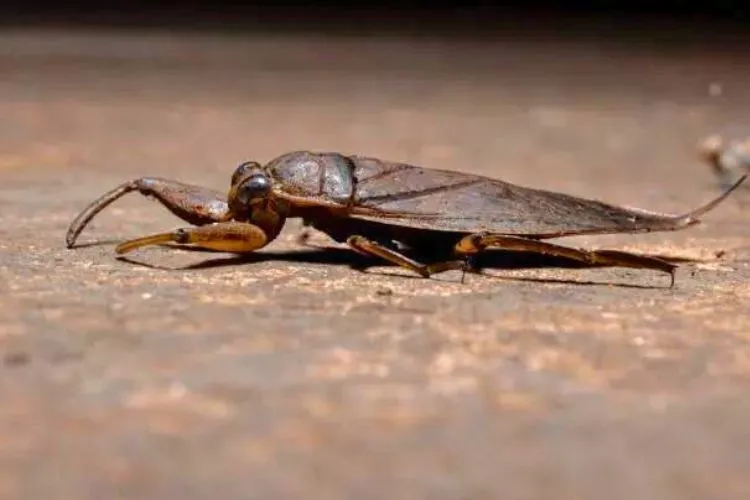
Origin
Water bugs are native to various regions around the globe, including North America, Europe, Asia, and Australia.
Habitats
- Freshwater environments: Water bugs are primarily found in freshwater bodies, including lakes, ponds, streams, or rivers, where they can easily float on the surface or swim through the water to catch their prey.
- Pools are also often found in swimming pools that are left untreated or uncovered for long periods.
- Stagnant water: Some water bugs prefer stagnant water, such as in marshes or swamps. Stagnant water bodies with plenty of vegetation can provide a good environment for these bugs to thrive.
- Indoor: Occasionally, water bugs may find their way indoors through plumbing or sewer systems, especially in urban areas. They can also dwell in basements or crawl spaces with high humidity levels and are prone to flooding.
In summary, water bugs originate from multiple areas worldwide but are particularly common in freshwater environments and areas with high moisture levels. The appearance of water bugs typically signifies a water source, stagnant water or some form of moisture buildup, which is beneficial to their survival and reproduction.
When do water bugs go away?
Water bugs tend to become inactive or less abundant under certain conditions, such as a change in temperature or humidity or due to controlling measures taken by homeowners or gardeners.
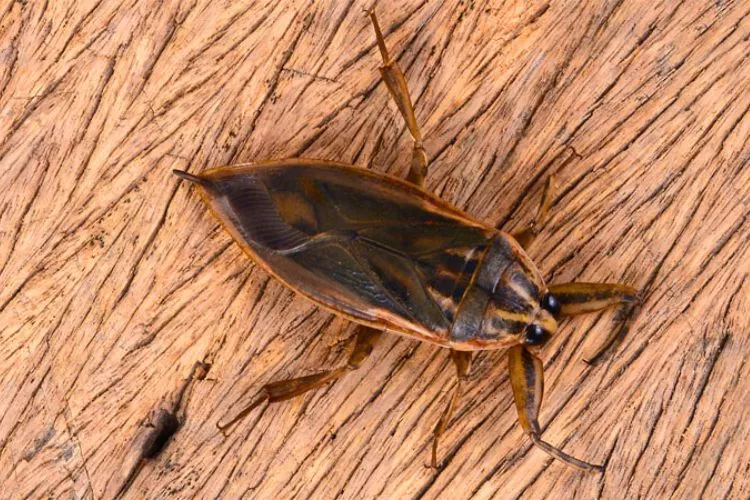
- Temperature: Water bugs generally become inactive during colder months, as they cannot survive in chilly temperatures.
- Dry conditions: Because water bugs are attracted to moist environments, they tend to go away when their habitat becomes drier, which can result from natural water sources drying up or human intervention in controlling moisture levels.
- Control measures: Implementing proper sanitation measures, like cleaning your home and eliminating food sources, can significantly reduce water bug populations and cause the bugs to go away. Eliminating standing water can also help decrease the likelihood of water bug infestations.
In summary, water bugs disappear when their preferred living conditions change, such as lower temperatures, dry conditions, or control measures to reduce their populations.
Other articles you may find useful: How to test your yard for parvo? | How to Get Rid of Wasps Under The Deck
Frequently asked question (FAQs)
What do water bugs hate the most?
Water bugs despise dry conditions and low temperatures. They thrive in moist environments, and a lack of water can discourage their activities. Additionally, they are less active during cold seasons and in environments with extreme cold.
What keeps big water bugs away?
Maintaining cleanliness, removing food sources, ensuring proper drainage, and eliminating standing water can keep big water bugs away. Professional pest control services can also help by providing insecticides or other treatments.
What attracts water bugs?
Moisture, warmth, and potential food sources attract water bugs. They are also drawn to dimly lit areas, leaking faucets, pipes, and other sources of standing water, as well as food residues or garbage.
What scent keeps water bugs away?
Essential oils like mint, eucalyptus, and cedarwood can deter water bugs due to their strong scents. Vinegar, particularly the distilled white variety, also has a scent that repels several bugs, including water bugs.
Can water bugs hurt you?
While most water bugs do not harm humans directly, certain types, like the giant water bug, can inflict a painful bite if disturbed or cornered. Other types may carry germs that can contaminate food, leading to foodborne illnesses.
Conclusion:
If you are wondering why do water bugs come out in the summer? A simple answer would be water bugs emerge in summer due to favorable conditions such as warmth, humidity, and abundant food sources. Warmer climates stimulate their activities and breeding, while increased humidity and water from summer rains provide ideal environments for survival. Also, the plethora of food sources during summer supports their population growth.
Though generally harmless, some water bugs can be nuisance pests. Understanding their seasonal behavior allows better management practices to curb their numbers and prevent potential infestations.

